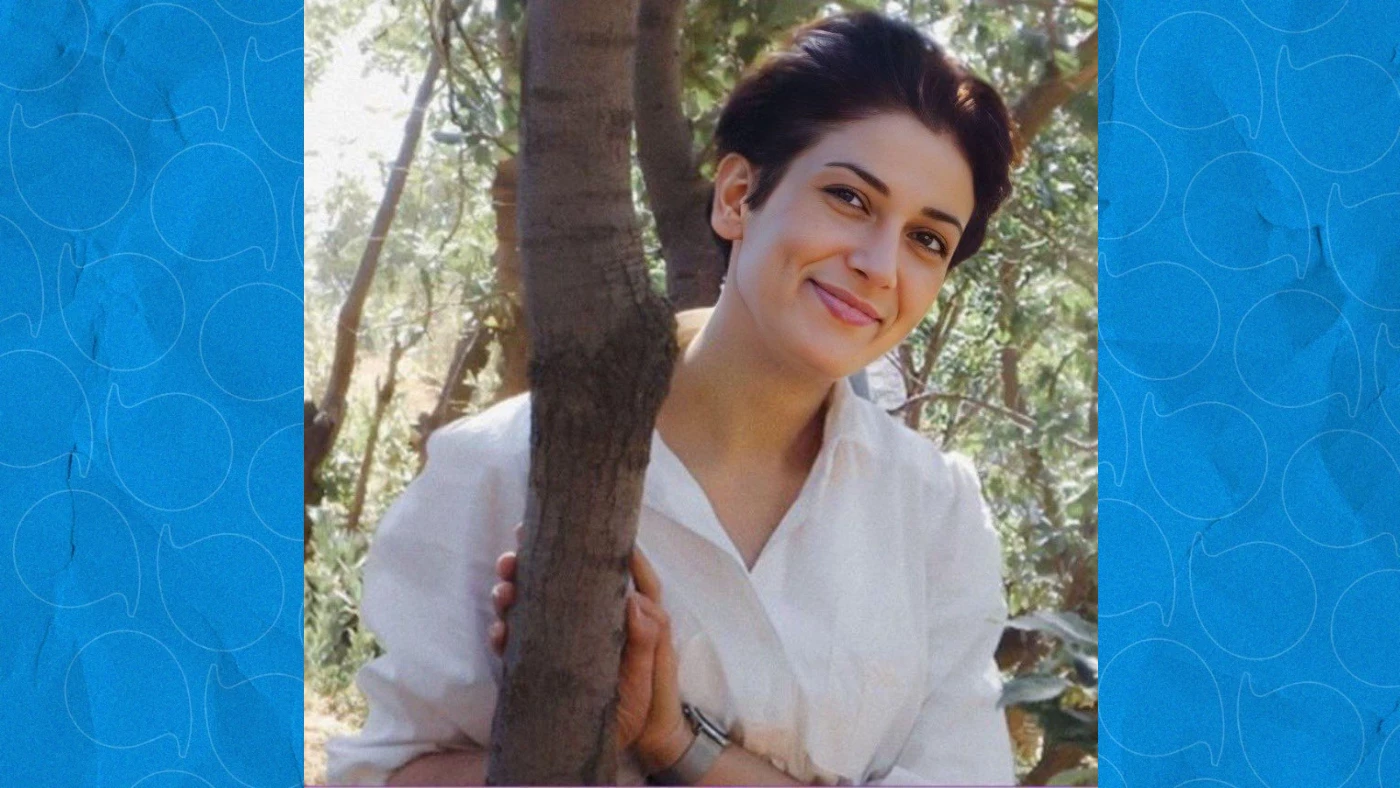LONDON, United Kingdom - A renewed appeal by Kurdish social worker and women’s rights activist Pakhshan Azizi has been rejected by Iran's Supreme Court, one of her lawyers announced on Monday.
This marks the second time Azizi's request for a retrial has been declined by the Iranian judiciary.
The 41-year-old activist was handed the death sentence last year, after being convicted of “armed rebellion” against the Islamic republic—a charge her legal team has vehemently denied.
The Kurdish woman, according to pro-reform Iranian media, served as a social worker in Syria, attending to Yazidi women and children displaced by the Islamic State (ISIS) war on both Syria and Iraq.
However, Iranian prosecutors have accused Azizi of membership in the Kurdistan Free Life Party (PJAK), a Kurdish opposition militant group designated as a terrorist organization by Tehran.
'Flawed proceedings'
Her lawyers have highlighted the top court’s failures in addressing objections in the case and overlooking significant flaws in the indictment—particularly evidence showing that Azizi's humanitarian work in Syria was entirely peaceful and focused solely on assisting refugees, with no threat to Iranian forces in the region.
The legal team has also noted that the court ignored requests for testimony from intelligence authorities in Iran's western Kurdish regions to verify Azizi's non-involvement in any armed activities.
Last month, over a dozen international rights organizations and advocacy groups sent a joint letter to the United Nations, the European Parliament and the German Federal Government, urging them to intervene and save Aziz as well as two other Kurdish women on death row - Varisheh Moradi and Sharifeh Mohammadi—from execution.
Iran is among the world's top executioner states. Tehran sent at least 901 people to the gallows in 2024, according to UN human rights chief Volker Turk.
The figure marked a 6 percent rise from 2023, when Iran was already at the top of the list of the world's executioners, behind only China, where thousands of death penalties are believed to be carried out annually, but precise figures remain undisclosed due to state secrecy.



 Facebook
Facebook
 LinkedIn
LinkedIn
 Telegram
Telegram
 X
X


